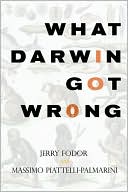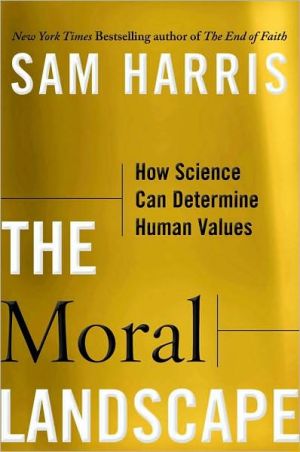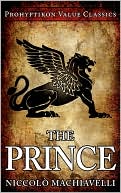What Darwin Got Wrong
Search in google:
What Darwin Got Wrong is a remarkable book, one that dares to challenge the theory of natural selection as an explanation for how evolution works—a devastating critique not in the name of religion but in the name of good science.Jerry Fodor and Massimo Piattelli-Palmarini, a distinguished philosopher and a scientist working in tandem, reveal major flaws at the heart of Darwinian evolutionary theory. Combining the results of cutting-edge work in experimental biology with crystal-clear philosophical arguments, they mount a reasoned and convincing assault on the central tenets of Darwin’s account of the origin of species. The logic underlying natural selection is the survival of the fittest under changing environmental pressure. This logic, they argue, is mistaken, and they back up the claim with surprising evidence of what actually happens in nature. This is a rare achievement—a concise argument that is likely to make a great deal of difference to a very large subject. What Darwin Got Wrong will be controversial. The authors’ arguments will reverberate through the scientific world. At the very least they will transform the debate about evolution and move us beyond the false dilemma of being either for natural selection or against science. Publishers Weekly The authors of this scattershot treatise believe in evolution, but think that the Darwinian model of “adaptationism”—that random genetic mutations, filtered by natural selection, produce traits that enhance fitness for a particular biological niche—is “fatally flawed.” Philosopher Fodor and molecular-biologist-turned-cognitive-scientist Piattelli-Palmarini, at the University of Arizona, launch a three-pronged attack (which drew fire when Fodor presented their ideas in the London Review of Books in 2007). For one thing, according to the authors, natural selection contains a logical fallacy by linking two irreconcilable claims: first, that “creatures with adaptive traits are selected,” and second, that “creatures are selected for their adaptive traits.” The authors present an ill-digested assortment of scientific studies suggesting there are forces other than adaptation (some even Lamarckian) that drive changes in genes and organisms . Then they advance a densely technical argument that natural selection can't coherently distinguish between adaptive traits and irrelevant ones. Their most persuasive, and engaging, criticism is that evolutionary theory is just tautological truisms and historical narratives of how creatures came to be. Overall, the scientific evidence and philosophical analyses the authors proffer are murky and underwhelming. Worse, their highly technical treatment renders their argument virtually incomprehensible to lay readers. (Feb.)
Terms of engagement1 What kind of theory is the theory of natural selection? 1Pt. 1 The Biological Argument2 Internal constraints: what the new biology tells us 193 Whole genomes, networks, modules and other complexities 404 Many constraints, many environments 575 The return of the laws of form 72Pt. 2 The Conceptual Situation6 Many are called but few are chosen; the problem of 'selection-for' 957 No exit? Some responses to the problem of 'selection-for' 1178 Did the dodo lose its ecological niche? Or was it the other way around? 1399 Summary and postlude 153Appendix 165Notes 181References 225Index 249








